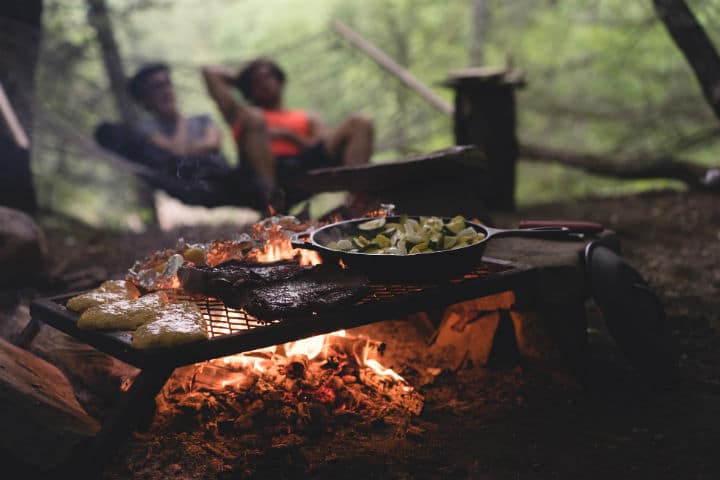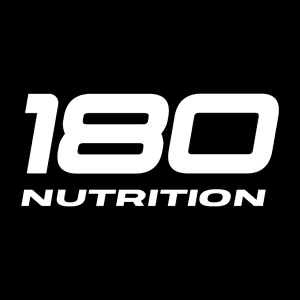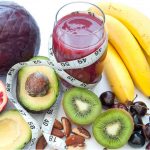180 Nutrition: Enjoying the great outdoors has long been a popular pastime for Australians and appears to be a growing trend, with around 11 million overnight camping and caravanning trips being taken a year according to a Caravan and Camping State of the Industry report. In fact, a report in the Sydney Morning Herald showed that camping is becoming increasingly big business, worth more than $19 billion to the Australian economy. Knowing how best to cook in a camping environment and what to eat that is both convenient and nutritionally beneficial, such as a high protein breakfast porridge or a high energy beef jerky snack, will help you make the most of your camping excursions.
How to cook when camping
If you are camping in the wilderness as part of a hiking expedition and regularly moving camp, carrying everything with you on a daily basis, you’ll want to keep your cooking equipment to a light bare minimum. However, if you are spending a weekend glamping, leaving your things at camp when you venture out during the day, you can opt for something a little more luxurious but still portable, such as a stove. While it might seem most authentic to build an open fire to cook on, using fallen branches and twigs, the fire scarring this leaves behind can last several years and damages the natural beauty of the landscape.
Therefore savvy backpackers and campers tend to rely on camping stoves for cooking now. A great, convenient way to reduce your cooking impact on nature and cook your food in a way that maintains its nutritional goodness is through foil pack cooking. This basic cooking, with hardly any clean up necessary afterward, involves wrapping the ingredients in foil and then popping it on the grill or in the fire. As it cooks, the juices combine together in the foil and when you open it up, you have a meal ready to eat, without nutrients being lost to boiling.
What to cook when camping
Something important to consider when purchasing food for a camping trip is that it is shelf-stable, rather than perishable. This means that it does not need temperature-controlled storage until opened, such as canned meats, fish, dairy products and dried fruits. The idea of camp rations is to cram as much energy and nutrition into a small space. For example, a day’s nutritional menu in the day of the life of a sensible camper might start with porridge, snacks of nuts, dehydrated fruits and biltong, a lunch of a foil wrapped baked potatoes with tinned tuna and dried vegetables and then dine on pasta with lentils mixed in for some additional nutrition.
Camping offers the opportunity to get out into nature and enjoy peace away from the normal rat-race. Respecting that nature and the environment you make your home for the night is important both during your stay and when you leave. How you choose to cook can have a knock on effect to your surroundings which you should take responsibility for, as much as you do for what you eat. Keeping your meals nutritious and being conscious of where you are, drinking in the beauty of nature, will do wonders to improve your wellbeing, both mentally and physically.
This article was written by Jane Munro a health enthusiast and freelance writer.







